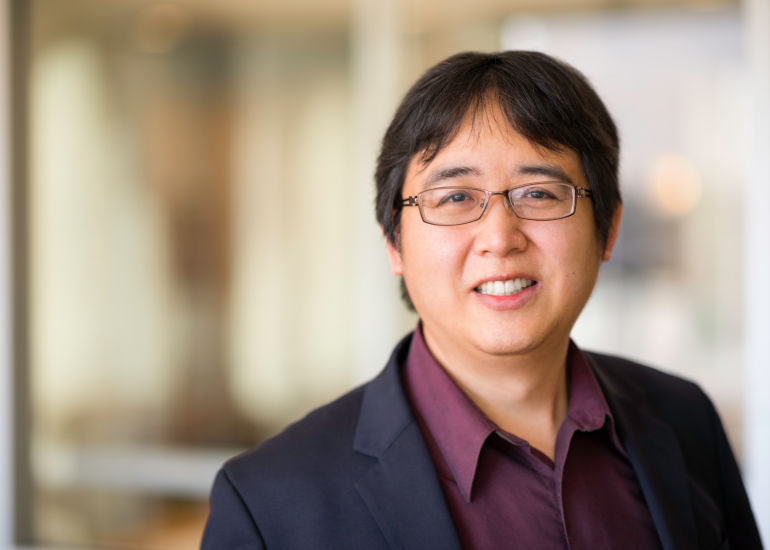
On February 28, 2022, the Patent Trial and Appeal Board (PTAB) issued a decision in Interference No. 106,115, University of California v. Broad Institute, on priority of invention for CRISPR-Cas9 gene editing methods of eukaryotic cells and genomes. The PTAB determined that The Broad Institute, Massachusetts Institute of Technology, and Presidents and Fellows of Harvard College (collectively "Broad") had priority over The Regents of the University of California, University of Vienna, and Emmanuelle Charpentier (collectively "UC"). However, this decision might not conclude the dispute between UC and Broad for the use of CRISPR-Cas9 in eukaryotic systems, as UC likely will appeal the PTAB's decision to the U.S. Court of Appeals for the Federal Circuit. Further, UC's prior patents on CRISPR-Cas9 editing in generic environments are unaffected by this decision.
Details
Interference No. 106,115 is the second interference between Broad and UC over the CRISPR-Cas9 technology. The first interference between the parties ended in 2018 after an appeal to the Federal Circuit, which concluded that the parties' claims did not interfere because Broad's invention—CRISPR-Cas9 editing in eukaryotic cells or environment—was not obvious or anticipated in view of UC's claims to a CRISPR-Cas9 system generically, without restriction to an environment.
UC triggered this second interference by filing new patent applications shortly after the conclusion of the first interference, directed to CRISPR-Cas9 editing in eukaryotic cells. The PTAB subsequently declared the second interference on June 24, 2019, noting that the claims of the new UC cases were of the same scope as Broad's patent claims that survived the first interference.
The PTAB's decision on February 28 mainly focused on determining which party's inventors were the first to invent a CRISPR-Cas9 system that edited the genome in eukaryotic cells. During the preliminary motions phase of the interference, the PTAB accorded UC the benefit of the filing date January 28, 2013, of its provisional application 61/757,640. Broad was accorded the benefit of the filing date December 12, 2012, of its provisional application 61/736,527. Both UC and Broad had filed substantive motions arguing that each had conceived and reduced to practice the invention prior to the filing dates of their respective provisional applications.
UC asserted that its inventors conceived the invention on March 9, 2012, and had reduced it to practice by August 9, 2012. In support of its reduction-to-practice date, UC presented evidence indicating a successful result of eukaryotic gene editing. The PTAB, however, was not convinced that UC had reduced to practice the invention on August 9, 2012, and concluded that UC's evidence did not support that date. In contrast, the PTAB found that Broad's inventors had presented sufficient evidence of an actual reduction to practice by October 5, 2012, and determined Broad had priority on the invention.
Impact
The February 28 PTAB decision is yet another chapter in the longstanding dispute between UC and Broad over foundational CRISPR patents in the U.S. While the PTAB decision provides some clarity on Broad having priority on claims to CRISPR-Cas9 editing in eukaryotic cells, it remains to be seen whether the outcome will generally affect the CRISPR-Cas9 gene editing field.
First, the decision can be appealed to the Federal Circuit. Given the history of UC's appeal from the first interference, this priority dispute over CRISPR-Cas9 editing in eukaryotic cells may continue for another one-to-two years. The fact-dependent nature of the PTAB decision, however, suggests that UC faces a significant hurdle on appeal.
Second, while Broad's patents to CRISPR-Cas9 editing in eukaryotic cells survive and UC's patent cases on the same subject matter do not, bear in mind that UC's patents on CRISPR-Cas9 editing in generic environments (e.g., prokaryotic, in vitro, and the like) are unaffected by this decision. Both Broad's and UC's patent portfolios can co-exist, as the PTAB determined in the first interference; thus, the patent landscape has not changed much. As a result, one may still need to consider one or both portfolios from a clearance or freedom-to-operate perspective when developing CRISPR-Cas9 technologies.
Finally, while Broad may have won against UC for priority in Interference No. 106,115, it is still involved in two pending interferences—one with ToolGen, Inc., and one with Sigma-Aldrich Co., LLC—over the same count (i.e., CRISPR-Cas9 editing in eukaryotic cells). As priority of this invention is heavily fact-dependent, it is difficult to predict who will prevail overall.
For further information about the decision in Interference No. 106,115, please contact any member of Wilson Sonsini's Patents and Innovations or Post-Grant Review practice.
Contributors
- Privacy Policy
- Terms of Use
- Accessibility
